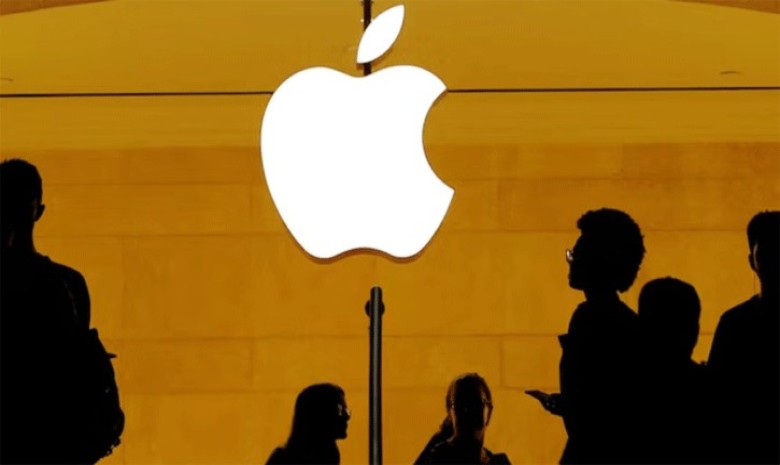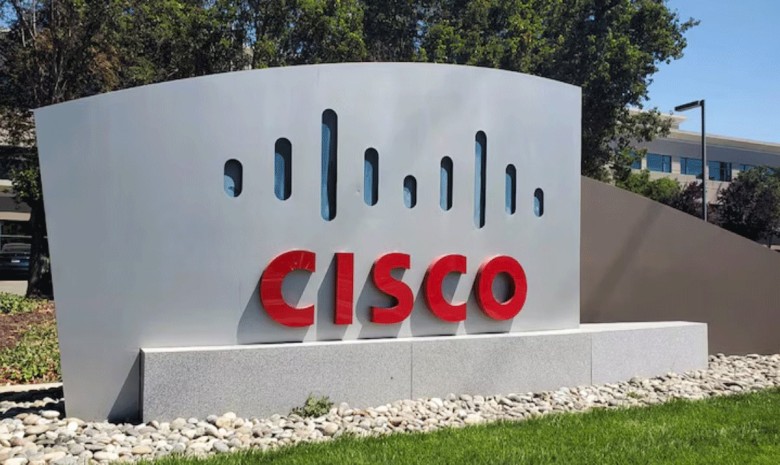Global technology shares sank on Tuesday, as a market rout sparked by the emergence of a low-cost Chinese artificial intelligence model entered its second day, making investors question the sky-high valuation and dominance of AI bellwethers.
Shares of Nvidia (NVDA.O), opens new tab, a leader in the AI chip market, fell 17% on Monday, wiping $593 billion from its market value - a record one-day loss for any company - and dragged U.S. stocks lower.
By Tuesday, Nvidia shares were up nearly 6% in Frankfurt, while those in Oracle (ORCL.N), opens new tab rose 3.4% and AI data analytics company Palantir (PLTR.O), opens new tab rose 2.97%, while tech shares in Europe wilted.
The sell-off was prompted by the release of a free AI assistant launched by China's DeepSeek last week that the startup said uses less data at a fraction of the cost of services currently available. That garnered attention worldwide, although scepticismover DeepSeek's cost claims lingers.
OpenAI CEO Sam Altman called it an "impressive model", while U.S. President Donald Trump called it "a wakeup call for our industries."
"We will obviously deliver much better models and also it's legit invigorating to have a new competitor!" Altman, the head of the AI firm behind ChatGPT, said, opens new tab in a social media post.
DeepSeek bursting onto the AI scene, seemingly out of nowhere, has upended the industry's perception that China was years behind its bigger U.S. rivals.
Investors have dumped tech stocks everywhere, with ripples felt from Tokyo to Amsterdam to Silicon Valley.
Some of Japan's biggest tech companies came under pressure for a second day. Chip-testing equipment maker Advantest (6857.T), opens new tab, a supplier to Nvidia, lost 10% to add to Monday's 9% drop, while tech start-up investor SoftBank Group (9984.T), opens new tab slid 5%.
"It's clearly a sell first, ask questions later approach, and we've actually seen that kind of move in the past in Japan," said Kei Okamura, a portfolio manager at Neuberger Berman, referring to a global market meltdown in August headlined by Japan's Nikkei.
In Europe on Tuesday, shares in Dutch semiconductor company ASML (ASML.AS), opens new tab, which ended down 7.1% on Monday, fell 1%, reversing a tentative early rally, while shares in Schneider Electric (SCHN.PA), opens new tab, ASM International <ASMI.AS> and Infineon (IFXGn.DE), opens new tab fell 1.2-4.7%.
In the U.S., Broadcom (AVGO.O), opens new tab fell 17.4% on Monday, while ChatGPT backer Microsoft (MSFT.O), opens new tab fell 2.1% and Google parent Alphabet (GOOGL.O), opens new tab closed down 4.2%. The Philadelphia semiconductor index (.SOX), opens new tab tumbled 9.2% - its deepest percentage drop since March 2020.
NO MARGIN OF ERROR
The selloff has brought into the spotlight the crowded positioning among investors and the billions of dollars U.S. tech giants are spending to develop AI capabilities, as well how expensive some of these companies' shares are relative to the broader market.
Prior to Monday's sell-off, Nvidia's shares were trading at nearly 60 times the value of its earnings, compared with 22 for the entire S&P 500, according to LSEG data.
"What makes Monday's tech sell-off so jarring is that the valuations of many of these AI and tech companies offer no margin of error," said David Bahnsen, chief investment officer at The Bahnsen Group.
"The excessive weighting these tech stocks have in many investor portfolios and the high concentration these tech stocks have in the market indices was a significant and under-appreciated risk issue."
The hype around AI has powered a huge flow of capital into equities, inflating valuations and lifting stock markets to record highs, leading to an increase of around $10 trillion in the market value of "Magnificent Seven" companies since ChatGPT kicked off the AI boom in November 2022. Source: reuters
Total views: 717



























